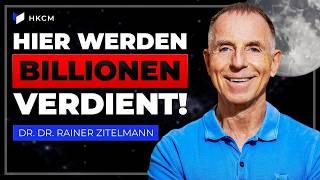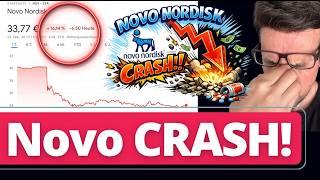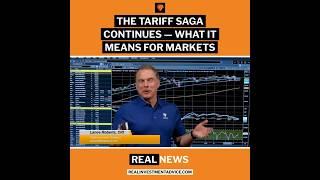| In this episode of The Energy Show, host Michael Mauceli sits down with Eric Milito, president of the National Ocean Industries Association (NOIA), to explore the current state and future of offshore energy. Their discussion covers the vital role offshore energy plays in the U.S. economy, the challenges of navigating regulatory hurdles, and the potential of emerging technologies like offshore wind and carbon sequestration. The Gulf of Mexico: A Key Energy Producer The Gulf of Mexico is a powerhouse in the global oil market, consistently producing over a million barrels of oil per day since 1997. With the capacity to reach up to 2.5 million barrels daily, it supports over 380,000 high-paying jobs. Eric Milito highlights how this region remains crucial for both U.S. energy security and the global oil supply. NOIA’s Advocacy for Offshore Energy Eric Milito discusses NOIA’s role as the leading voice for offshore energy interests in Washington, D.C. NOIA advocates for continued investment in offshore oil, gas, wind, critical minerals, and carbon sequestration projects, ensuring the U.S. remains a leader in energy production. Challenges in Offshore Energy Permitting One of the major issues facing the offshore energy sector is the complex permitting process. Milito explains how regulatory hurdles, such as environmental reviews and legal challenges, can slow down or halt projects, creating uncertainty for developers. These hurdles are a critical focus for ongoing industry reform. The Energy Permitting Reform Act of 2024 Milito and Mauceli also discuss the potential of the Energy Permitting Reform Act of 2024, a bipartisan effort to simplify and expedite the permitting process. This legislation aims to create a more stable investment climate by reducing delays and setting clear timelines for environmental and judicial reviews. The Strategic Importance of Offshore Energy Offshore energy remains essential not just for oil production but also for future energy sectors like wind and carbon sequestration. Melito emphasizes that a diversified offshore energy portfolio is vital for U.S. national security and economic stability, and with the right reforms, the sector can continue to grow. 0:00 - Introduction: The Gulf of Mexico's energy impact 5:30 - NOIA’s role in advocating for offshore energy 10:15 - Challenges in the offshore energy permitting process 15:45 - The Energy Permitting Reform Act of 2024 22:00 - The strategic importance of offshore energy for national security 28:30 - The future of offshore energy production ----- Disclaimer: The information provided in this video is for educational and informational purposes only. It should not be considered as financial advice or a recommendation to buy or sell any financial instrument or engage in any financial activity. The content presented here is based on the speaker's personal opinions and research, which may not always be accurate or up-to-date. Financial markets and investments carry inherent risks, and individuals should conduct their own research and seek professional advice before making any financial decisions. |
Tags: Featured,newsletter










































8 pings
Skip to comment form ↓